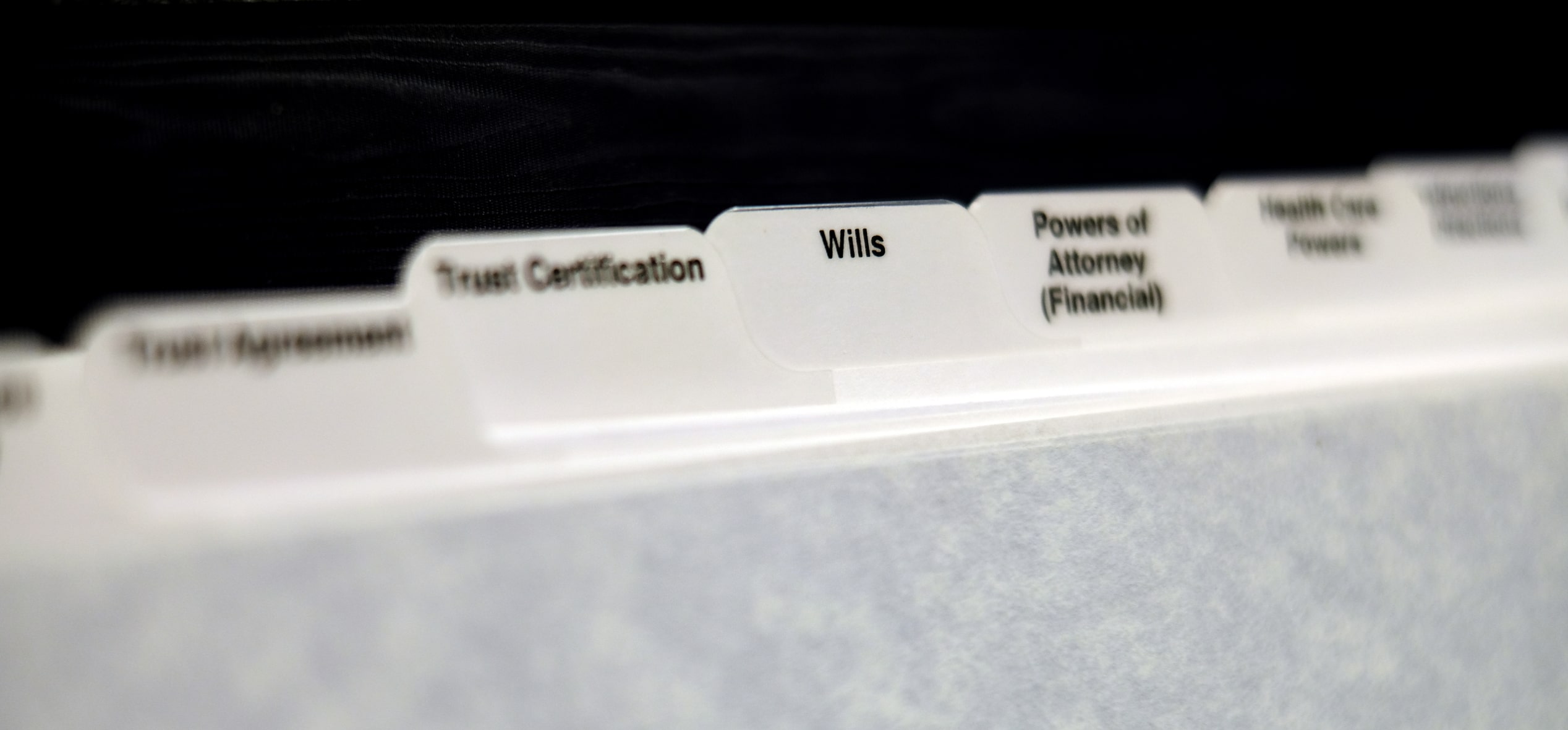Over time, individuals could acquire assets in different jurisdictions that are governed by different legal systems. Similar to the consideration of double wills in distinguishing personal or corporate ownership of your assets, discussing multiple wills with your lawyer could be helpful to your estate plan. Here are some considerations you could discuss with your lawyer regarding multiple wills:
Where you live versus where your assets are located
Your estate plan could consider your assets that are held in a different legal jurisdiction than where your principal residence is. For example, one could have a cottage in the province of Québec but reside in the province of Ontario. Given each province operates under different legal systems respectively, it could be beneficial for an individual to have a will governed by the laws of each province. This in effect would create multiple wills.
Whether your current will could effectively distribute all of your assets
Challenges or conflict could arise when a person has a will from one jurisdiction which states how an asset is to be disposed of in another jurisdiction. Beneficiary designations on certain assets in one jurisdiction may not be recognized in another jurisdiction. A will crafted under one legal system may not seamlessly integrate with the regulations of the other for the purposes of Probate (or equivalent) in each jurisdiction. With multiple wills tailored to the specific legal requirements of the jurisdiction in which assets are located, individuals could minimize potential conflicts and ensure a smoother estate administration process.
Lawyers in each jurisdiction
Given that multiple legal systems bring a layer of complexity, it could be beneficial to consult a lawyer in each jurisdiction with respect to your estate plan. As your estate plan typically involves multiple documents, it is best to ensure that one or more of the lawyers you retain to create your estate plan are aware of any assets beyond the jurisdiction in which they practice. Each lawyer may need to consult the other lawyer regarding the cross-reference or mention of a potential “other will” to deal with other assets in another jurisdiction, for example, to ensure one will does not revoke the other. In particular, the terminology and the understanding of the role of the person or entity administering your estate can vary across jurisdictions.
Given the intricacies of estate planning, engaging the services of one or more lawyers to create multiple wills, when necessary, could provide protection against an unintended distribution of your estate and will ensure that neither will revokes the other. Effective coordination between legal documents in each jurisdiction could help mitigate oversights or misinterpretations that may arise when an Estate Trustee is administering a complex multi-jurisdictional estate.
This blog post was written by Brandon Doughty, a member of the Real Estate and Wills and Estates teams. He can be reached at 613-369-0364 or at brandon.doughty@mannlawyers.com.








